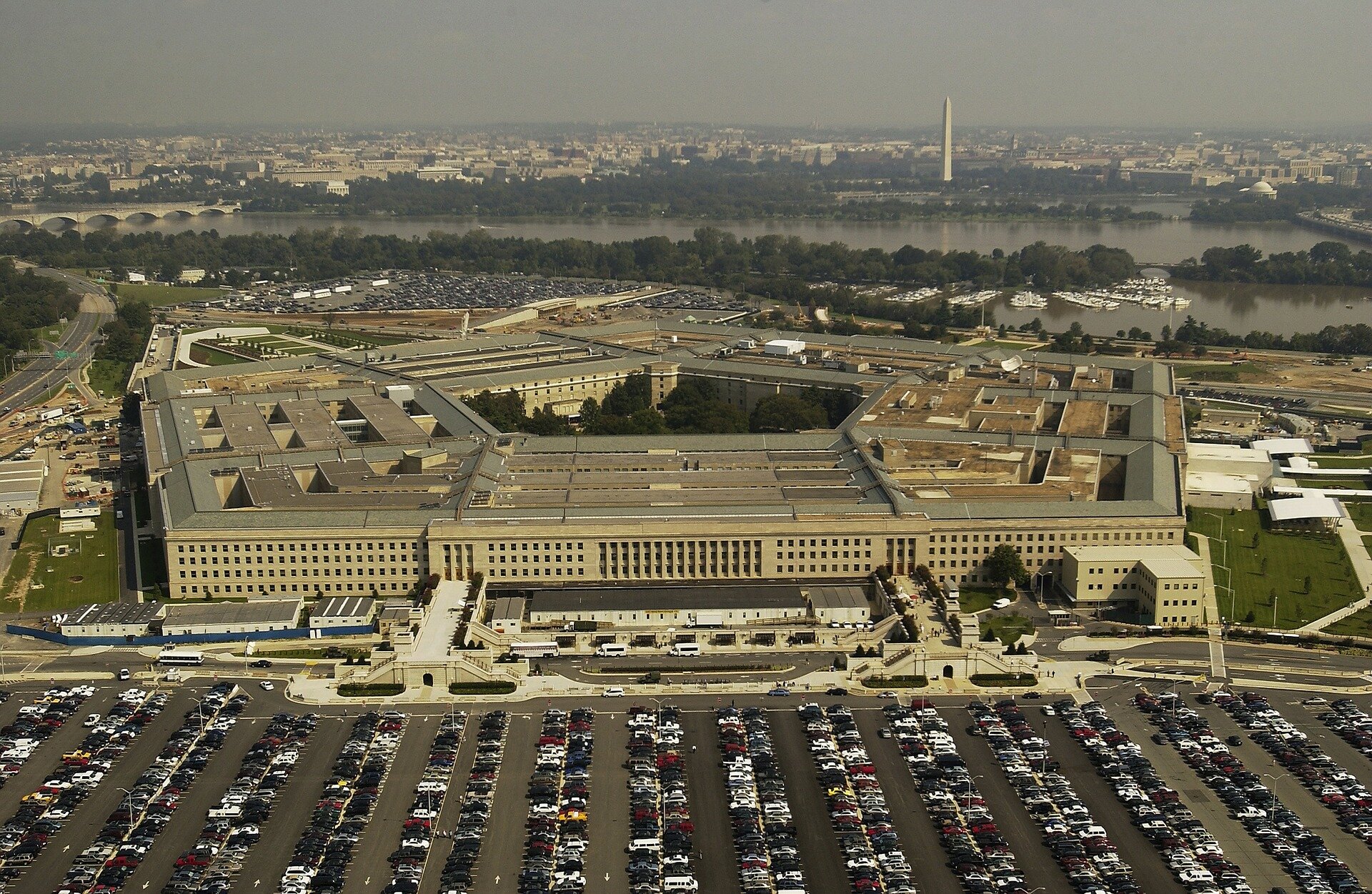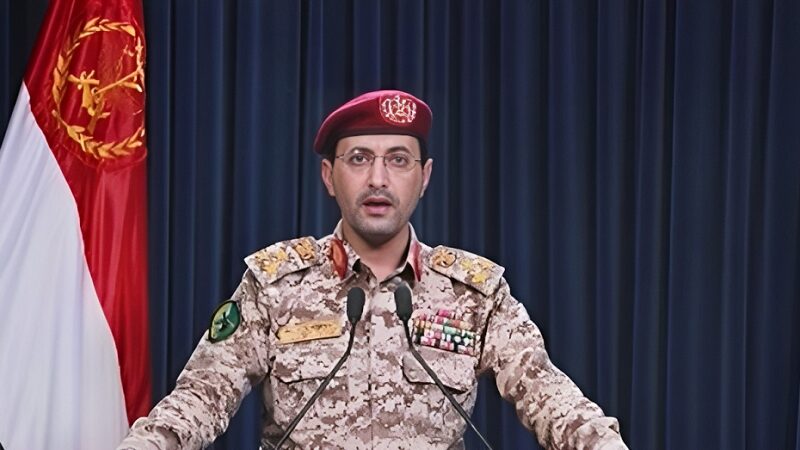2020 has been a difficult year for Afghan politics. After negotiations by Zalmay Khalilzad in February on behalf of the Trump Administration with the Taliban that resulted in agreeing on the grounds pre-peace agreement, hopes for reductions in violence seemed positive.
After lagging behind on prisoner transfers, infighting between Afghan President Ashraf Ghani and his close political rival Abdullah Abdullah delaying further negotiations between Kabul and the Taliban, and escalations in attacks by the Taliban that has made 2020 one of the most violent years in the decade, hopes of a lasting peace during the Trump Administration seemed gone.
Now Joe Biden is president-elect, and inherits a lay-up situation, where an easy slam dunk in the war-ravaged South Asian country would win him plaudits from anti-war republicans who supported Trump in 2016 because of his promises to end “endless wars,” and left democrats who supported candidates like Bernie and Gabbard for the same reasons in the primary.
Last year when presidential candidate Pete Puttegieg attacked Biden on his pro-war stance during the Bush Jr. Administration when he held the powerful position of Chairman of the Senate Foreign Relations Committee, Biden’s response was to say he was “that guy” who constantly said “we should not be going into Afghanistan”.
However he voted yes, along with almost every other Senator, to give George W. Bush Jr. the power to persecute “nations, organizations, or persons,” he thought were involved in the September 11th attacks.
If this was just another one of his gaffs, then Afghans and war-weary Americans, excited by Trump’s notion that all troops should be home before Christmas, have nothing to hope for.
However if it is a position Biden supports, for example as he argued for much smaller “Surge” forces as Obama’s vice-president in 2009, then Trump has left a supremely easy opening to score a big foreign policy victory if he can only focus his efforts long enough to take care of two important things.
PICTURED: from left to right: William Ruger, pending U.S. Ambassador to Afghanistan, Ashraf Ghani, President of Afghanistan. Photo credit: Gage Skidmore. CC 2.0. UK Department for Int. Development. CC 2.0
Separating grey from black
“I support drawing down the troops. But here’s the problem, we still have to worry about terrorism and [the Islamic State],” Biden told Stars and Stripes in a telephone interview in September.
The agreement with Taliban made in Doha was that the Taliban would not allow the Islamic State in Khorasan Province (ISKP), and so if all parties hold to the treaty then in theory Biden does not, in fact, have to worry about terrorism and ISKP.
There is no love lost between ISKP, sometimes known as “Daesh”, and the forces of the Kabul government and the Taliban who like Comanche warriors of old have started arguments with each other over how many IS members each other killed and who should receive the most credit for their annihilation.
“Intra-Afghan talks remain the best chance at achieving a political settlement that significantly reduces violence in Afghanistan,” writes Adam Weinstein, Research Fellow at the Quincy Institute, and former senior policy analyst at the National American Iranian Council.
“It [Washington] should continue to assist the Afghan government and even the Taliban in its fight against the more radical ISIS-KP while remaining committed to the May 2021 troop withdrawal timeline of the Doha agreement”.
Another thing Biden could do is take the road of his self-lauded tactic of bipartisanship at continue ahead with the recent Trump-era appointment of William Ruger as U.S. Ambassador to Afghanistan, the Cato and Koch Institutes Fellow who is determined to end America’s war there and establish America as a true ally to the country, not only a police force or ATM.
“President Trump has correctly concluded that a full and speedy withdrawal of our troops is imperative. Our national interest isn’t served by continuing to wage a futile battle but by exiting it,” wrote Ruger for the National Interest in May.
Ruger is committed to the Doha agreement, and so are the Taliban, who wrote in a statement after major media outlets declared Biden the president elect that “The Islamic Emirate would like to stress to the … American president-elect and future administration that implementation of the [Doha] agreement is the most reasonable and effective tool for ending the conflict between … our countries”.
Biden, one of the founders of the “counterterrorism plus” doctrine of the Obama era, will look to leave counter-terrorism forces there even if the agreement is held to, which most of the parties involved seem to want. It’s just the old fashioned matter of whether or not in his old age he has the “resolve” to carry through the finish ending a war he either lied that he didn’t, or forgot that he did, vote for.



